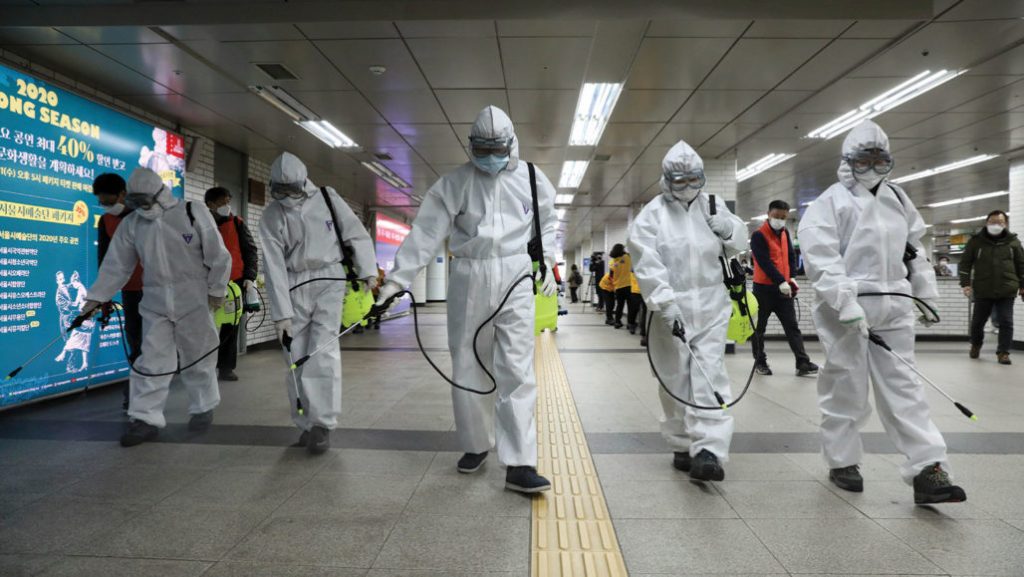
The pandemic has changed our concept of time. Most of us by now have lost track of time wondering which day of week it is, which month and what time of the day we are in. It feels as if time has come to a standstill. The pandemic is the absolutely perfect example of VUCA world – Volatile, Uncertain, Complex and Ambiguous.
We all are going through the COVID-19 pandemic; we are living through is scary, depressing yet a life-changing experiences. This pandemic is worst then world wars, terrorist’s attacks or the Great Depression. It’s bigger than a lot of previous social shifts, not only because of its tragic outcomes, but also because it is distressing so many of us at once and changing every aspect of life from our professional work, income, health, social life everything.
Because of the risk of viral transmission, many people are dying apart from their loved ones, and many others are mourning lonely without their friends and relatives for sharing their grief. It’s distressing to feel helpless to not go to see your near and dear ones suffering Corona… I experienced the agony when my sisters were admitted in hospital for Corona and I couldn’t reach out to assist them in this crucial time. I am so thankful to God that both my sisters have recovered and have returned back to their home. I could visit them only after two months because of the restriction on traveling from one district to another.
Pandemic has created only chaos; the media constantly gives out news of number of deaths due to Corona, numbers of new additions of Corona patients and numbers of recovery of Corona. Countless people are anguished for losing their jobs, not being able to manage their basic daily expenses, worried about their children’s education, unable to pay their loan instalments…..in short plans for the future have gone topsy-turvy. It’s only feeling of uncertainty all the while. Over and above all while we fear for our near and dear ones’ health and comfort.
The point is we all learn to live with adversities. When adversity hits us, we start to ask questions. The tougher it hits us, the deeper our questions become. Sometimes, those questions end up being unexpected gifts that take us on higher levels, where our souls demand us to go. Sometimes we tend to run away from these difficult questions, and sometimes we are left with no choice but to fight.
George A. Bonanno is a professor of clinical psychology at Teachers College, Columbia University, U.S.A. He is responsible for introducing the provocative idea of our mind’s agility to tackle loss and trauma. He is known as a pioneering researcher in the field of grief and trauma.
In situations as the present pandemic which is very difficult for people, George Bonanno says that people will get through it, probably the same way that people have gotten through other kinds of losses. They will just need to be a little more creative about it. Based on decades of research, Bonanno calls grief a “natural adaptive reaction” it is a painful but necessary mental recalibration to accommodate a new absence, new loss, new beginning.
Anything this big creates the opportunity for new thinking. If the size of the crisis is associated with the amount of new learning it can generate new opportunities. Our brilliance will be magnified many-fold when we emerge in the new normal. New and expanded points of view are generally a good thing. In fact, the roots of the word “emergency” come from the Latin “emergere” meaning to rise up or out.
Socrates said “The secret of change is to focus all of your energy, not on fighting the old, but on building the new.”
This phase will also pass.













































